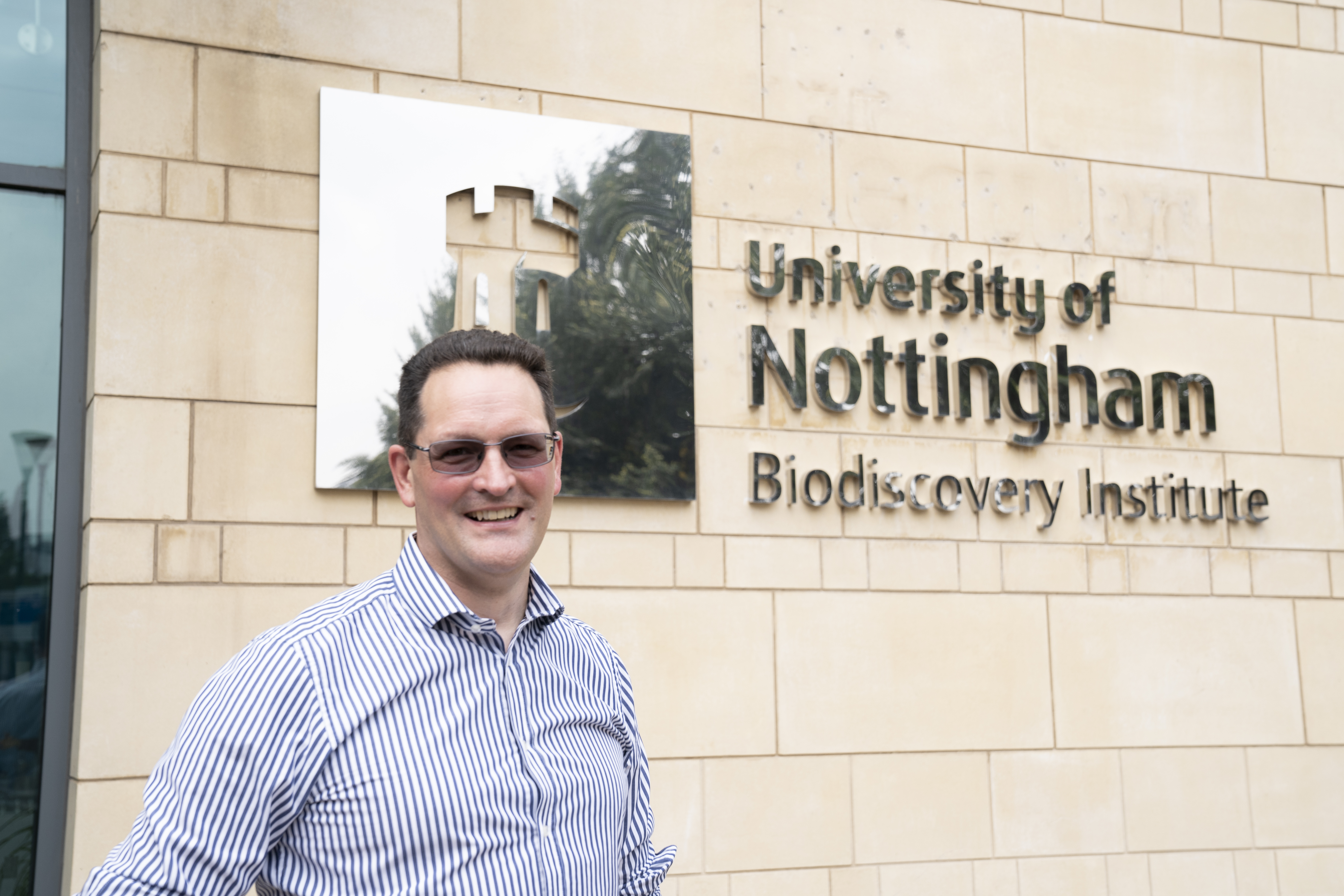The Biodiscovery Institute at the University of Nottingham and Animal Free Research UK have teamed up to develop cutting-edge human stem-cell technology to combat cardiac fibrosis - a major cause of heart failure in the UK affecting 900,000 people annually.
Dubbed the Mini Hearts Project, the research is being led by Professor Chris Denning and his team who are combining latest human-based lab technologies to understand how genetics and drugs interplay to create effective treatments for patients.
Professor Chris Denning said: "Patients with heart disease concurrent with cardiac fibrosis are 18 times more likely to be hospitalised and die. Yet despite decades of testing drugs on animals, there are no effective treatments or cures.
"Genetics and physiology between humans and animals greatly differ. For example, the heart of a mouse functions at 500 beats per minute while a human heart records 60-80 beats per minute. Yet cardiac fibrosis research remains reliant on animals."

Added Professor Denning: "There is a pressing need for new ways to study cardiac fibrosis. We need human systems to understand human disease and to test drugs that will be used in humans. A well-designed human-based model will overcome the limitations of existing approaches, including the use of animals and associated challenges of species differences, hence provide new opportunities for therapeutic development."
The team are using "human induced pluripotent stem cells", or "hiPSCs" for short, generated from a small piece of skin about the size of the head of a matchstick and donated by a patient with heart disease. Gene editing then allows the researchers to change the DNA sequencing with precision – even down to a single base of the 3 billion bases in the human genome.
This means they can repair or introduce damaging mutations in the hiPSCs - then turn them into heart cells and ask what impact this has on heart function.
Carla Owen, CEO of Animal Free Research UK, said: "We are proud to work in partnership with the University of Nottingham where exceptional staff and students are pushing boundaries to not only improve human health but replace the use of animals in research. Their remarkable research is set to heal broken hearts."
I am very proud and excited that this innovative and ethical work, which combines the latest human-based lab technologies is being carried out in my constituency - and I look forward to seeing and learning first-hand how this research will potentially lead to effective treatments for the people of Nottingham and beyond."






